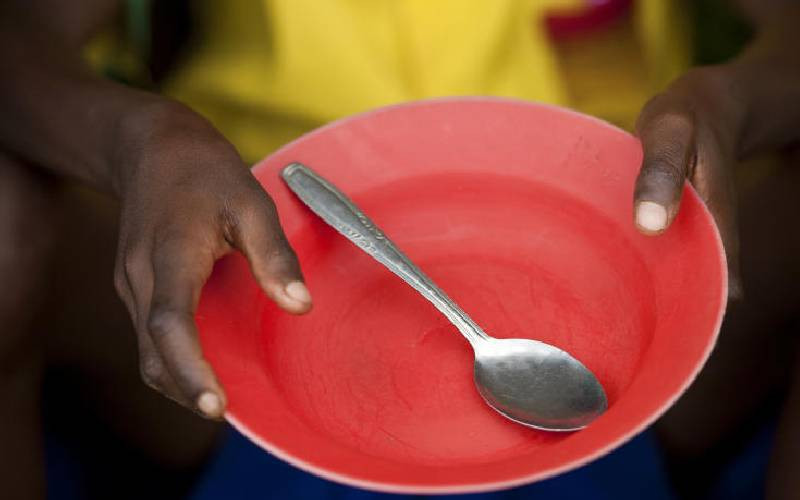
Sitting recently in a committee set up to formulate mentorship strategies for the students of one public university, who were seemingly getting distracted from their studies by myriad emotional, financial and social challenges, I was seized by mixed emotions.
It was somewhat like that moment in a great drama when the hero is unfairly humiliated, such as when Ezeulu, that revered traditional priest in Chinua Achebe's classic Arrow of God, descends into insanity, following months-long incarceration by the irreverent Captain Winterbottom. The English colonisers cared nothing about Ezeulu's demigod-like status among his Igbo tribesmen.